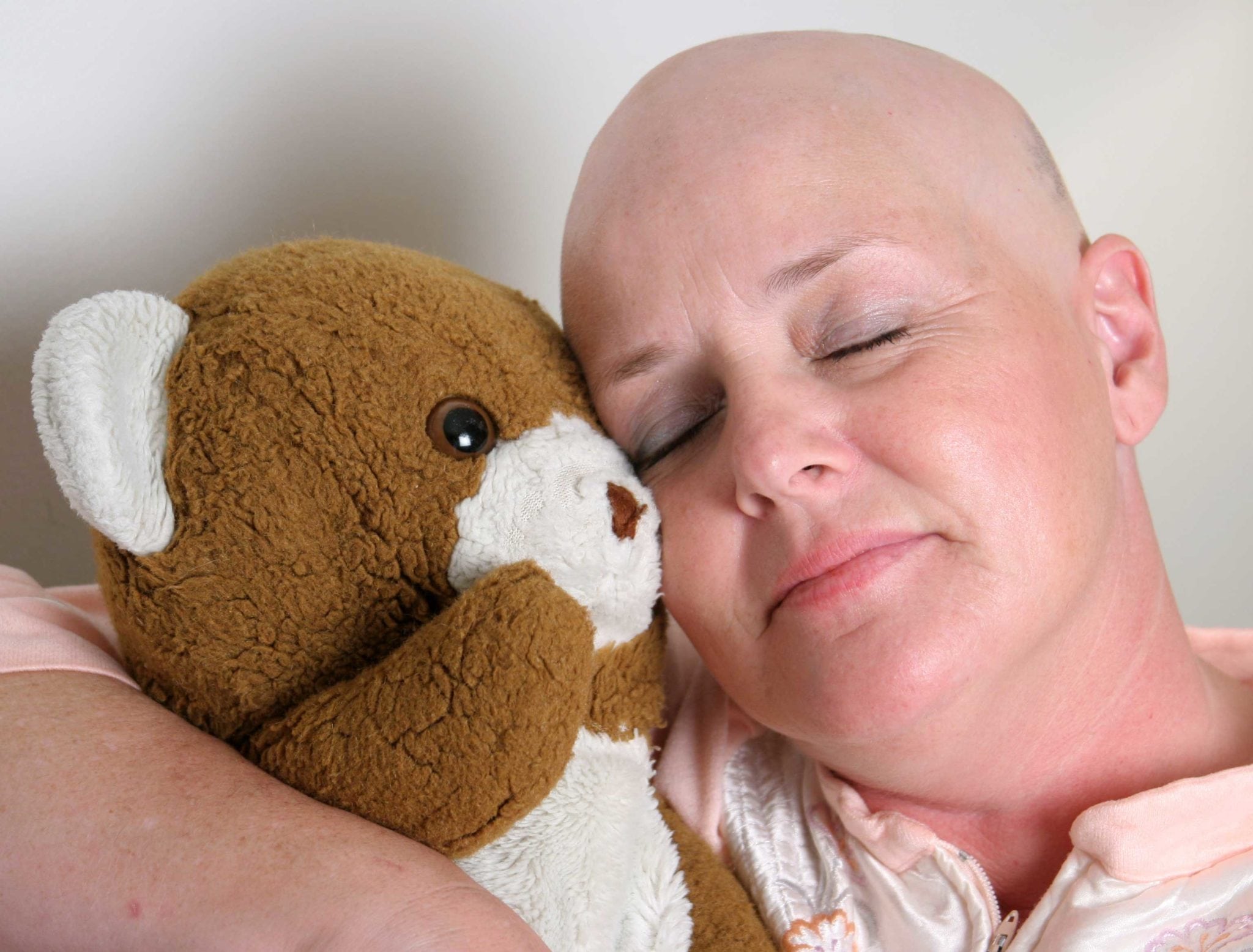Yu, former president of the American Society of Clinical Oncology and a former research fellow at Memorial Sloan Kettering Cancer Center in New York City, was appointed as the first physician-in-chief of the Hartford HealthCare Cancer Institute a year ago.
One of his goals is to increase participation in MSK clinical trials by patients in the Hartford region.
Every approved cancer drug is the product of having been tested in a prior clinical trial, Yu said.
He said the clinical trials of today will develop “the next generation drugs.”
Memorial Sloan Kettering currently has 800 ongoing clinical cancer trials.
“That’s an enormous number,” Yu said.
In Hartford, clinical trials are available for breast cancer, prostate cancer, bladder cancer, ovarian cancer, pancreatic cancer, urinary tract cancer, and head/neck cancers, among others.
Yu said 12 clinical trials are open at the Hartford site and 19 are in the process of becoming open, with more than 15 others being reviewed.
“Our goal is to offer up to 200 clinical trials to residents of Greater Hartford,” Yu said.
“It is now known that there is not just one lung cancer or colon cancer,” Yu said.
“There are hundreds of mutations,” he said, which need to be tested to develop next generation drugs.
Those who participate could reap the benefits in a year or two or the trials could benefit future cancer sufferers, he said.
Clinical trials offer the potential of breakthroughs and offer those suffering from cancer “not guarantees, but meaningful hope,” Yu said.
A cancer patient may have his doctor tell him that he is a candidate for a clinicial trial. Patients are presented with options, but they are the decision makers, he said.
Yu said former Vice President Joseph Biden’s “Moonshot initiative,” to double the rate of progress in the prevention and treatment of cancer, has helped to shine a light on the need for more cancer research. Yu met Biden last year at the annual meeting for the American Society of Clinical Oncology in Chicago.
Biden’s son, Beau, died of a brain tumor at age 46 in 2015. People can relate to the former vice president’s story, Yu said. He added that the “Moonshot initiative” drew bipartisan support and funding from members of Congress.
Biden, whose son took part in a clinical trial, has said there is a need for more electronic record sharing. Despite Beau’s clinical trial, the Biden family had to take information by hand from the trial to another set of doctors, Yu said.
As physician-in-chief of the Hartford HealthCare Cancer Initiative, Yu serves as the MSK Cancer Alliance’s director of health informatics.
Yu said his goal is to develop a single, elevated standard of world-class care for patients with various types and stages of cancer which provides an overall quality of life in a variety of care settings.
The world class care available in Hartford will not require residents to travel to New York once a week to participate in a clinical trial, he said.
Yu said there are myths about clinical trials which are not true.
People are afraid they might be one of those chosen to receive a placebo, or sugar pill, he said.
“That’s a myth,” Yu said, adding, “It is not ethical not to treat somebody,” he said. “Everybody who participates in a trial receives a standard level of treatment.”
Before a drug is approved for a clinical trial by the Food & Drug Administration, there is a lot of information known about possible side effects, Yu added.
“These are custom designed drugs,” Yu said.
To view a full list of cancer trials available through Hartford HealthCare’s alliance with Memorial Sloan Kettering, please visit here.
This article was originally published in the Journal Inquirer (Manchester) on March 30, 2017, and is reproduced here with permission.

